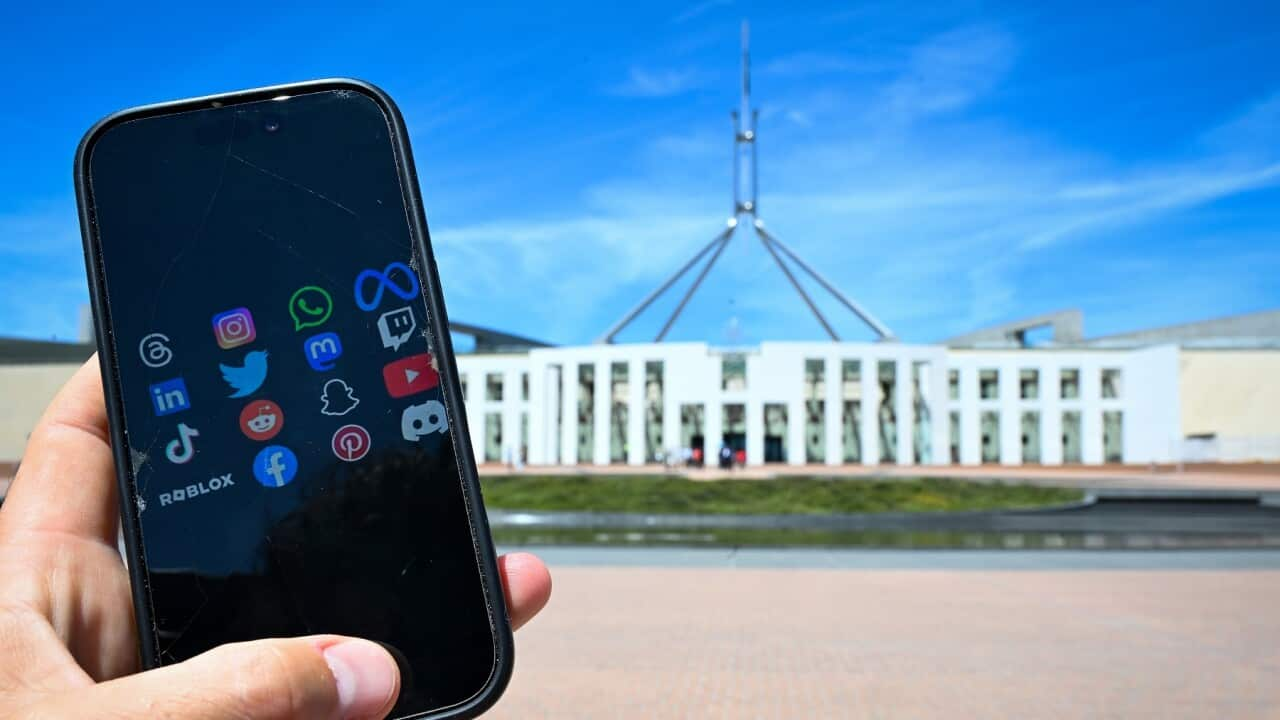The treatment involves collecting a type of immune cell, known as T-cells, and genetically engineering them to produce receptors that fight cancer cells. Often refered as living medication, this new therapy aims at treating lymphoma and leukaemia patients who've exhausted all other options.
Speaking with Anita Barar, Melbourne based oncologist Dr Bhaumik Shah said that though it is still an experimental treatment and is one kind of immunotherapy in early stage of development, it is exciting.
He further added that it is associated with good results in those blood cancers for children and adults for whom no other treatments options are available.
He explained that it involves removing patients lymphocytes (a type of white cells) and genetically modifying them and putting them back in patient's blood stream. They might fight resistant tumour cells.
At present, it is only applicable to some subtypes of blood cancers so far - some leukemia and lymphoma. It is not applicable yet for vast majority of cancers.
Cautioning about the risk or side effects, he said that they are quite toxic and can cause life threatening side effects, hence it needs a lot of monitoring.
A small number of Australian patients have been treated in US trials, but that can cost up to a million dollars.
The long-term goal of this trial is to make the treatment widely accessible and affordable here in Australia.
Here, It is availble in a limited number of centres. Peter McCallum Cancer Centre in Melbourne is doing some clinical trials with it. Researchers at Sydney's Westmead Hospital will soon begin trialling this new cancer therapy.
Dr. Bhaumik also focused on the importance of patients' participation in trial treatment. He said, " It not only benefits the patients but inturn opens the new doors for further research"
***




